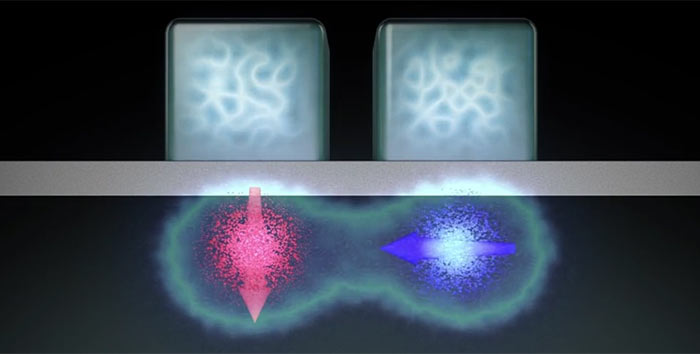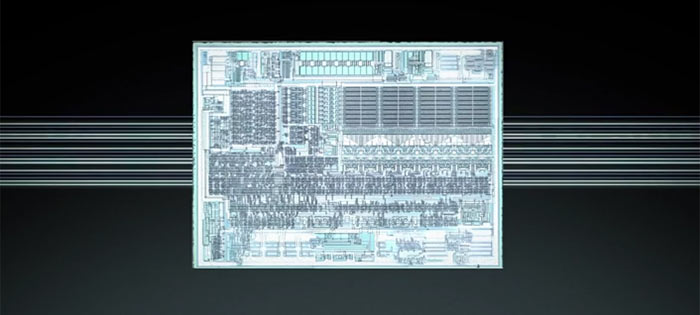A team of researchers at the University of New South Wales (UNSW) in Sydney, Australia claim to have overcome a crucial hurdle in quantum computing. Their pioneering work has resulted in the building of a quantum logic gate in silicon for the first time. The logic gate makes calculations between two qubits of information possible and is expected to be a central building block in a quantum computer. This development means that "all the physical building blocks for a silicon quantum computer have now been successfully constructed".

Importantly the two-qubit logic gate, demonstrated by the UNSW researchers, uses the same device technology as existing silicon chips so is expected to be much easier to manufacture as a full scale processor chip. Andrew Dzurak, Scientia Professor and Director of the Australian National Fabrication Facility at UNSW explained, "This makes the building of a quantum computer much more feasible, since it is based on the same manufacturing technology as today's computer industry". Dzurak asserted that the newly published research was thus "a game changer".
The UNSW approach reconfigured the 'transistors' used to define the bits in existing silicon chips, and turned them into qubits, by ensuring each has only one electron associated with it. The binary code of 0 or 1 is then indicated by the 'spin' of the electron.
Previously it wasn't possible to get two quantum bits to 'talk' to each other - and thus create a logic gate - using silicon. With this hurdle cleared, engineers can start to design and build a functioning quantum computer using this vital building block. To take their two-qubit logic gate silicon designs to that next level the researchers have already "patented a design for a full-scale quantum computer chip that would allow for millions of our qubits, all doing the types of calculations that we've just experimentally demonstrated," said Dzurak. Now the team are looking for the "the right industry partners to work with," to manufacture such a full scale chip.

According to the NSWU blog this advancement "represents the final physical component needed to realise the promise of super-powerful silicon quantum computers". Applications for quantum computers are envisaged in the finance, security and healthcare sectors, solving computing challenges that are beyond today's top supercomputers.













